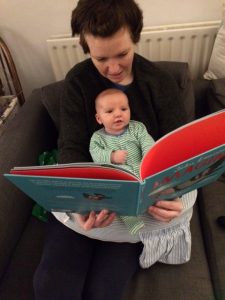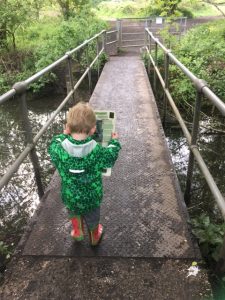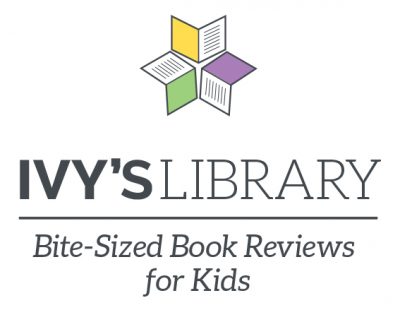 Molly Scanlan is an experienced ex-teacher who has taught phonics from nursery through to Key Stage 1. Here she shares her thoughts on the the joy versus the mechanics of reading.
Molly Scanlan is an experienced ex-teacher who has taught phonics from nursery through to Key Stage 1. Here she shares her thoughts on the the joy versus the mechanics of reading.
“Think back to your childhood and your favourite memory of reading. Does it involve flashcards? How about the last great book you read recently? Did you love it because you recognised some unusual spellings?
I’m hoping the answer is no.
We love books because they make us laugh or cry or teach us something new. Or – if it’s a particularly good one – all three. My favourite books from childhood are the ones that transported me to fantasy worlds, the ones I reenacted in the garden, the ones my parents read to me while snuggled up at bedtime.
As your child starts to learn to read for themselves, I urge you to keep those memories in mind.
If your child is in mainstream school, the main way they will be taught to read is through something called systematic synthetic phonics. You probably learned in a different way – there is not necessarily a ‘right’ or ‘best’ approach.

As you may have noticed, the English language often doesn’t make much sense. Rules sometimes have more exceptions than examples and the same letters or letter combinations can spell widely different sounds in different words.
Phonics (as it’s known) is a way of trying to make as much sense of it as we can. It introduces the sounds of our language and the letters that spell them. As much as it can, it teaches children patterns and groupings so they can recognise them when they see a new word.
The process starts in Nursery, with games and activities to practise tuning in to the sounds around us and then hearing the sounds that form words. In Reception your child will be introduced to the letters that spell these sounds and will generally have a short, daily phonics lesson, perhaps with a little whiteboard and pen so they can start to write as well as read.
Phonics lessons are useful as they give your child skills and knowledge so they can confidently tackle unfamiliar words. As I said, it’s not the only way to read and memorising or sight-reading still plays a part.
Parents can understandably get anxious about this process. We all know that the ability to read unlocks success at school and beyond. But please don’t worry! Your child’s teacher will give them these skills and chances to practise. Unless they specifically give you extra activities to do – perhaps in response to your child’s learning difficulty or difference – you don’t need to attempt to teach phonics at home. Ignore those shelves of work books when you are at the bookshop or library.

Instead, think about what reading is actually for. Delighting, educating, transporting and transforming. What I call the mechanics of reading is just a small part. It’s just the means of getting there. If you were on a bus to visit the Great Wall of China you wouldn’t focus on the brand of tyres under your seat.
You and your child’s teacher are partners, working together to pass on our invaluable human knowledge and experience. They are getting paid – let them do the boring bit! They can worry about split digraphs and consonant clusters while you can take your child on an adventure to a pirate island.
Cultivate the joy and a love of reading. Not only is this more fun, but children who enjoy reading experience better mental wellbeing and it can have a greater positive effect on attainment at school than even their family’s socio-economic status.
Pass on books that you loved as a child. Find books that make you both giggle uncontrollably. Reenact your joint favourites using toys. Save the cosiest stories for bedtime and read them by torchlight. You get to show your child that reading is exciting, comforting, hilarious and illuminating. You get to enjoy the process too!
Remember, phonics is just the tool that builds the vehicle your child needs. The destination is where the adventure really begins.”
Molly Scanlan, January 2021
Molly is an ex-teacher who is passionate about taking pressure off parents. You can see more of what she is up to on her website or on Instagram.

If you would like to learn more about phonics so you know what on earth your child is on about when they tell you about it and so you can feel confident supporting them as they learn to read, try Molly’s course. It’s called What the Ph*** is Phonics and you can find it here: https://molly-from-the-treehouse.newzenler.com/courses/what-the-ph-is-phonics
